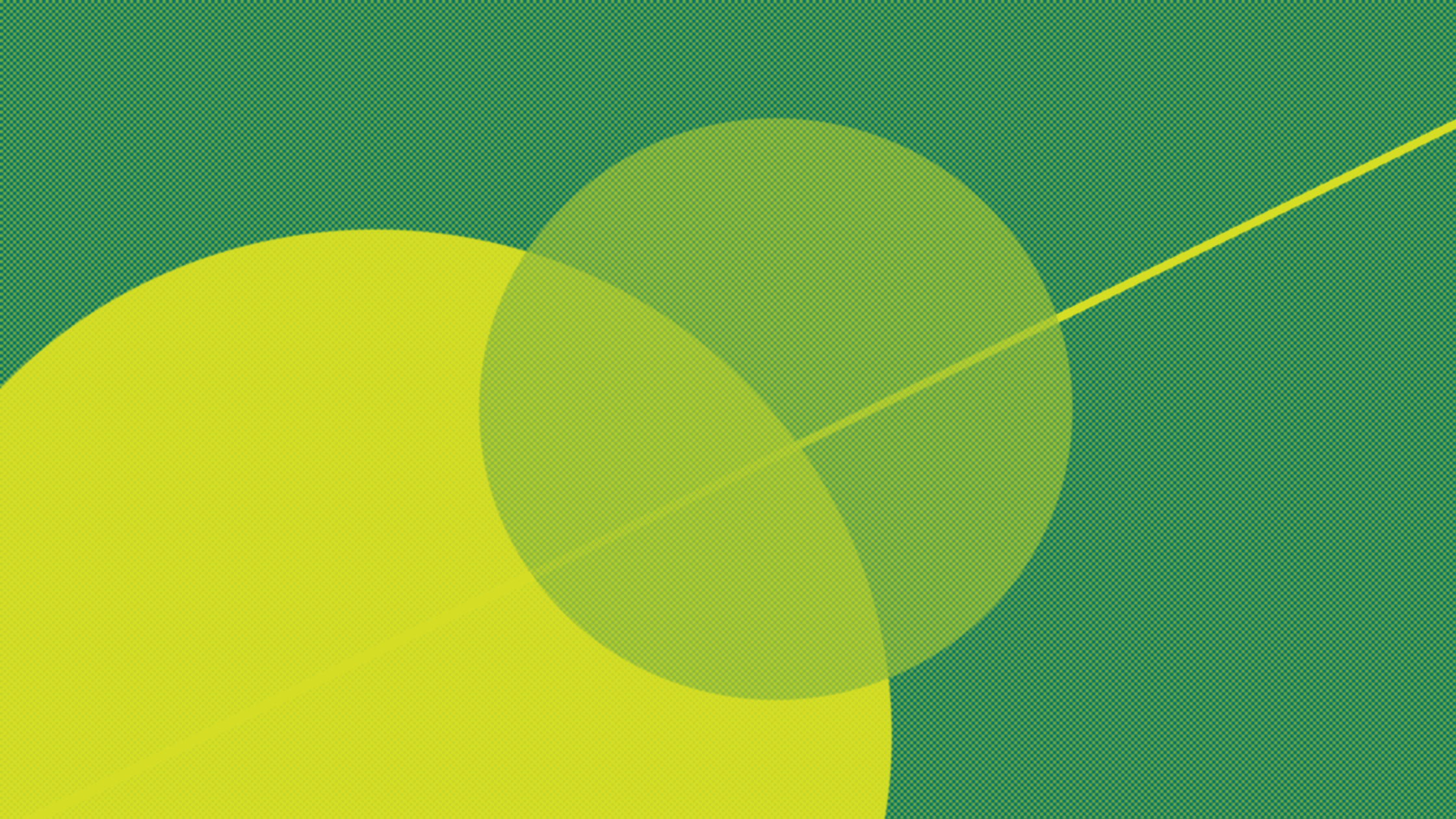Time to End the Slavery of Traditional Publishing
In a characteristically provocative talk last week, Richard Smith, who is on the Board of Directors of PLoS, accused traditional subscription-based publishers of acting like slave owners. And he compared open access advocates to abolitionists.
Richard was speaking at the BioMed Central Open Access Colloquium, alongside other "abolitionists," including my colleague Ginny Barbour, Senior Editor at PLoS Medicine. The talks have all been archived on the colloquium website.
In his slavery analogy, Richard recalled the famous George Yard meeting. On 22nd May 1787, 12 men met in a printing shop at 2 George Yard in the City of London determined to end slavery. At that time, said Richard, more people were slaves than were free and the British economy depended on slavery. Yet by March 1807 slave trading was abolished in the British Empire.
Today's traditional publishers, he argued, are the slave traders. The research articles and many of the academics who write them are the slaves. "And the shock troops of open access—Paul Ginsparg, Harold Varmus, Vitek Tracz, Pat Brown, Mike Eisen, Stevan Harnad—are the abolitionists," he said.
So when was the equivalent of the George Yard meeting in the biomedical publishing world? Some of the crucial events, said Richard, were:
- 13 November 1990: Tim Berners Lee wrote the first web page
- 16 August 1991: Paul Ginsparg (who is also on the Board of Directors of PLoS) launched a high energy physics preprint archive
- 27 June 1994: Stevan Harnad posted a “subversive proposal” promoting self-archiving
- 5 May 1999: Harold Varmus, Chair of the Board of Directors of PLoS, proposed E-biomed
- Feb 2000: Pubmed Central was launched
- 14 February 2002: The Budapest Open Access Initiative was launched
- 1 October 2005: The Wellcome Trust implemented its open access mandate
Richard is certainly not alone in taking a human rights-based approach to the issue of restricted access to essential scientific and medical information. I've been doing a little research on the rights-based angle to restricted access, and I've been surprised at how many human rights declarations call for free and open access to scientific and medical information.
The United Nations, for example, has repeatedly championed the universal right to access scientific knowledge. Indeed, the Universal Declaration of Human Rights, the the primary UN document articulating human rights standards and norms, states that everyone has the right “to share in scientific advancement and its benefits” (article 27, section 1).
In 1999, the World Conference on Science, organized by the United Nations Educational, Scientific and Cultural Organization (UNESCO), adopted the Declaration on Science and the Use of Scientific Knowledge. The declaration emphasizes “the importance for scientific research and education of full and open access to information and data belonging to the public domain” (article 3, section 38).
The declaration also notes that “Equal access to science is not only a social and ethical requirement for human development, but also essential for realizing the full potential of scientific communities worldwide and for orienting scientific progress towards meeting the needs of humankind” (article 4, section 42).
As John Willinsky argues so convincingly in his brilliant book The Access Principle (which is freely available online), the right to access knowledge "has a claim on our humanity that stands with other basic rights, whether to life, liberty, justice, or respect."
For the sake of global scientific progress, human development, and poverty alleviation, it is surely time to end the slavery of traditional publishing.
